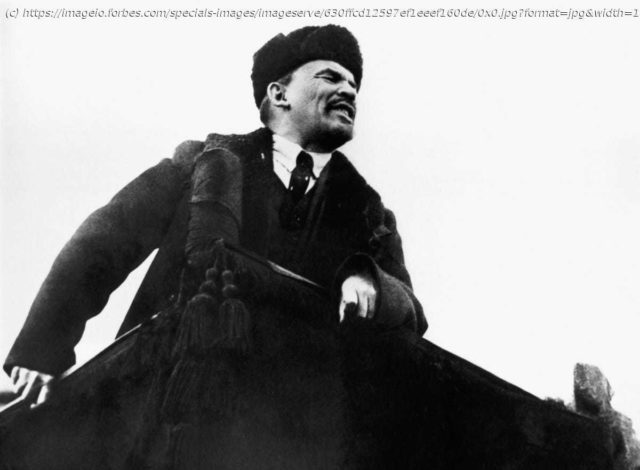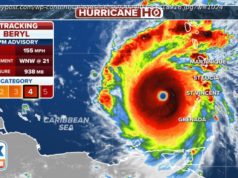Gorbachev’s push for a more liberal and vibrant Russia failed. Why?
The death of Mikhail Gorbachev poignantly reminds us of the path Russia didn’t take after the fall of Soviet communism. Gorbachev’s vision was the utter antithesis of Vladimir Putin’s.
The Soviet Union emerged from the cataclysm of WWI, when Lenin and his band of Bolsheviks shrewdly and cold-bloodedly filled the vacuum created by the collapse of the 300-year-old Romanov dynasty. Communism solidified its totalitarian grip after a horrific four-year civil war.
Lenin’s triumph was a catastrophe for Russia and the world. The death toll that communism inflicted there and elsewhere around the globe exceeds 100 million people.
Communism destroyed Russian civil society. It stunted creativity, culturally and economically. People learned that to survive and get ahead meant breaking the rules. Shortages were chronic. Economic life was best summed up by the adage, “We pretend to work, and they pretend to pay us.” That stultifying, deeply cynical and initiative-suffocating environment over the course of 70 years made Gorbachev’s empire ill-prepared for exercising the kinds of freedom that we in the West take for granted.
The tragedy is that had it not been for WWI, Russia today would be economically robust, with freedoms that its citizens can now only dream about.
Before the war, the Czarist empire was experiencing the highest economic growth rate in Europe. It was rapidly industrializing. It was the world’s largest exporter of grain. As the absolute powers of the Czar were being chipped away, the country was haltingly but unmistakably morphing into something resembling a constitutional monarchy. An independent judiciary was emerging. But the war swept all this away.
Obviously, the prewar empire had ugly features, particularly an antisemitism that murderously manifested itself in pogroms. That’s why hundreds of thousands of Jews emigrated elsewhere, especially to the U.S.
Contrary to its propaganda, communism actually stunted Russia’s development. The Soviet Union became a grain importer, instead of exporter. Millions of farmers, who had resisted being forced into collectives, were deliberately starved to death. Independent institutions were obliterated.
Communist apologists used to say that the mass murders and the suppressions of freedom were necessary to make a backward nation into an industrial power.






